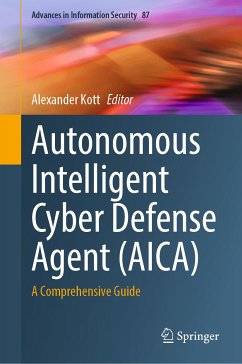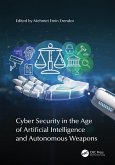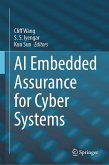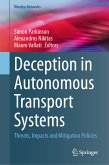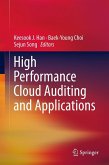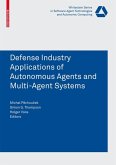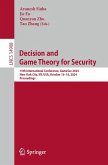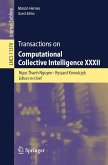Today's cyber defense tools are mostly watchers. They are not active doers. They do little to plan and execute responses to attacks, and they don't plan and execute recovery activities. Response and recovery - core elements of cyber resilience - are left to human cyber analysts, incident responders and system administrators. This is about to change. The authors advocate this vision, provide detailed guide to how such a visioncan be realized in practice, and its current state of the art.
This book also covers key topics relevant to the field, including functional requirements and alternative architectures of AICA, how it perceives and understands threats and the overall situation, how it plans and executes response and recovery, how it survives threats, and how human operators deploy and control AICA. Additionally, this book covers issues of testing, risk, and policy pertinent to AICA, and provides a roadmap towards future R&D in this field.
This book targets researchers and advanced students in the field of cyber defense and resilience. Professionals working in this field as well as developers of practical products for cyber autonomy will also want to purchase this book.
Dieser Download kann aus rechtlichen Gründen nur mit Rechnungsadresse in A, B, BG, CY, CZ, D, DK, EW, E, FIN, F, GR, HR, H, IRL, I, LT, L, LR, M, NL, PL, P, R, S, SLO, SK ausgeliefert werden.

